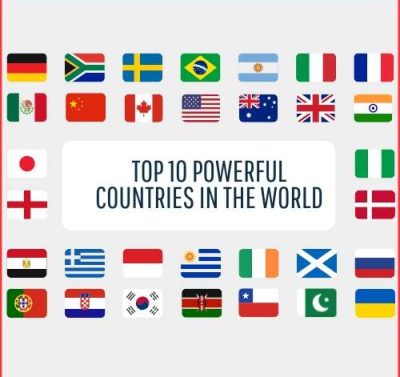The U.S. pledged $345 million in military aid for Taiwan on Friday. This is the Biden administration’s first sizable package to use American stockpiles to aid Taiwan in fending off China.
The announcement from the White House stated that the package will include defence, education, and training for Taiwanese. According to two US officials who spoke ahead of the announcement under the condition of anonymity to discuss sensitive issues, Washington will supply MANPADS, intelligence and surveillance tools, weapons, and missiles.
American politicians have urged the Pentagon and White House to send weapons to Taiwan quickly. By arming Taipei with sufficient weapons, the purpose is to aid Taiwan in countering China and discourage China from considering an invasion.
Chinese diplomats objected to the action, but Taiwan’s commerce office in Washington claimed that the U.S. decision to remove weapons and other supplies from its warehouses gave Taiwan “an important tool to support Taiwan’s self-defence.” In a statement, it promised to cooperate with the US to uphold “peace, stability, and the status quo across the Taiwan Strait.”
In addition, the U.S. has authorised about $19 billion in military sales to Taiwan for the purchase of F-16s and other expensive weapons equipment. The COVID-19 outbreak and the stresses on the world’s defence industrial base brought on by Russia’s invasion of Ukraine have both made it difficult to deliver those weapons. Supply chain problems that first surfaced during those times have only become worse.
The distinction is that Taiwan won’t have to wait for military manufacturing and sales because this help is a component of a presidential authority that Congress approved last year to draw weapons from current U.S. military stockpiles. Compared to funding for new weapons, this speeds up the delivery of weaponry.
The Pentagon has used a similar power to send Ukraine weapons valued at billions of dollars.
During a civil war in 1949, Taiwan broke apart from China. The current self-governing island is still within China’s legal rights to annex, according to Chinese President Xi Jinping. The U.S. has been accused by China of turning Taiwan into a “powder keg” through the billions of dollars in promised arms sales.
In deference to Beijing, the U.S. upholds the “One China” policy, refusing to formally acknowledge Taiwan’s independence and maintaining no formal diplomatic ties with the island. However, American law mandates that Taiwan must have a convincing defence and that all threats to the island be treated as being of “grave concern.”
One of the lessons the United States has learned from Russia’s invasion of Ukraine, according to Pentagon deputy defence secretary Kathleen Hicks, is to get stocks of weapons to Taiwan right away, before an attack begins.
Beijing is “firmly opposed” to U.S. military cooperation with Taiwan, according to Liu Pengyu, a spokeswoman for the Chinese embassy in Washington. In order to reduce tensions in the Taiwan Strait, the U.S. should “stop selling arms to Taiwan” and “stop introducing new factors,” Liu added.















